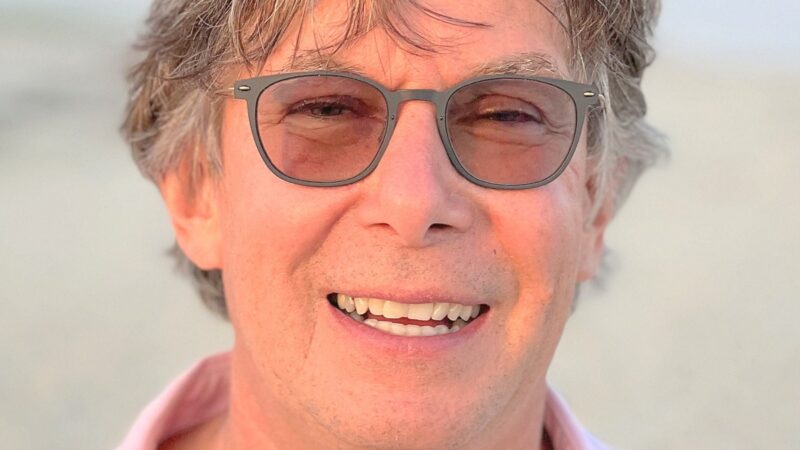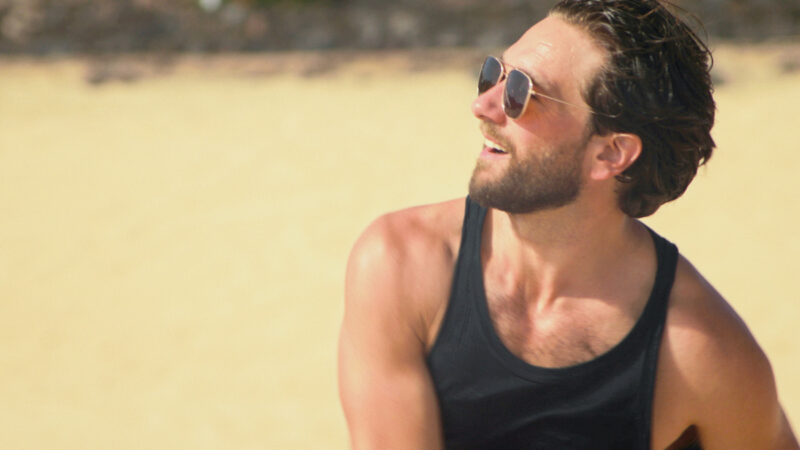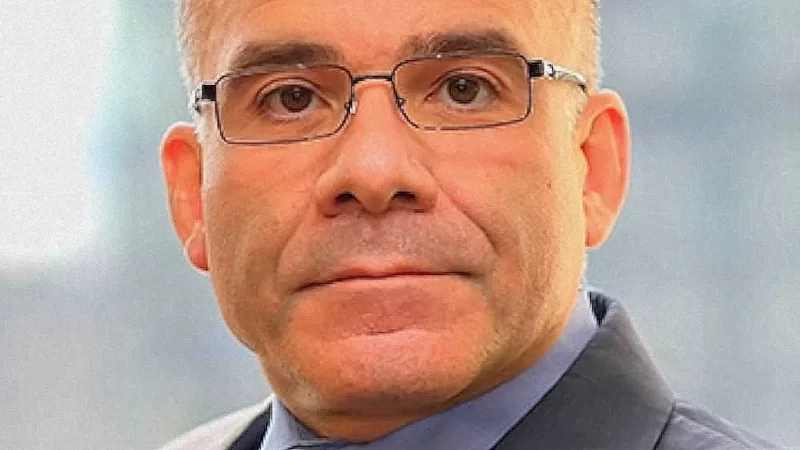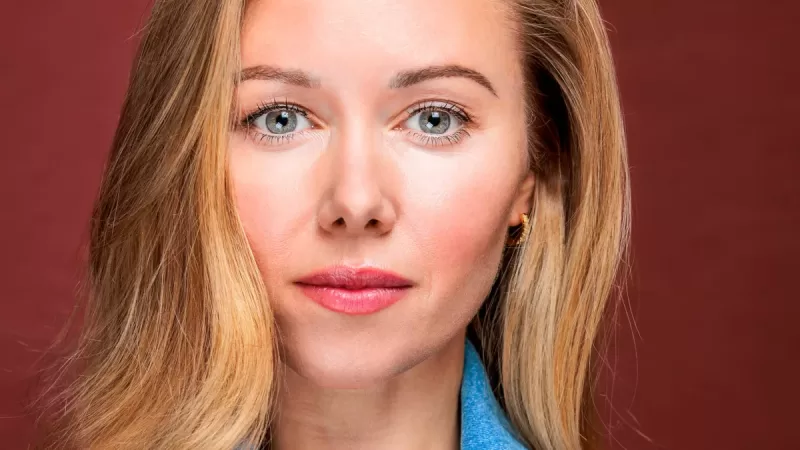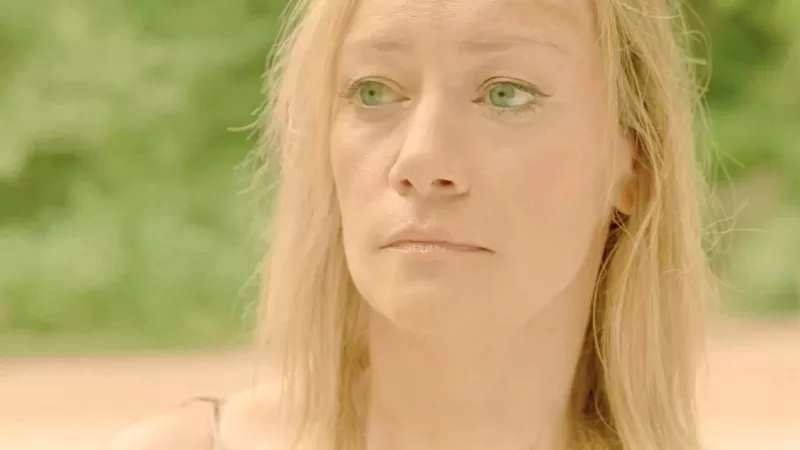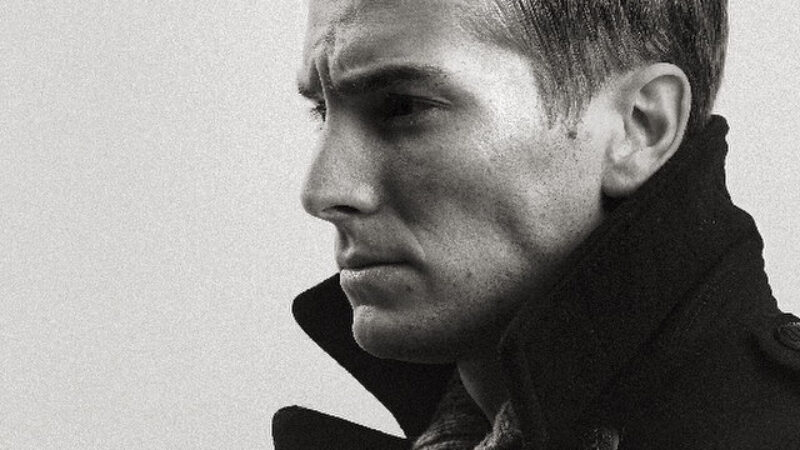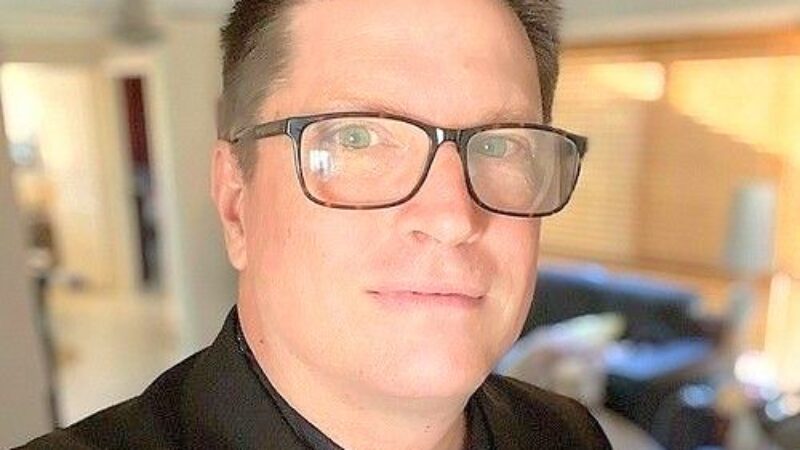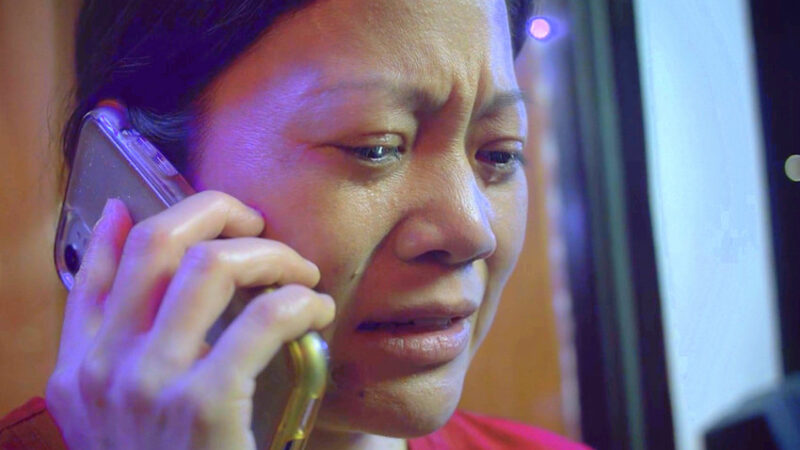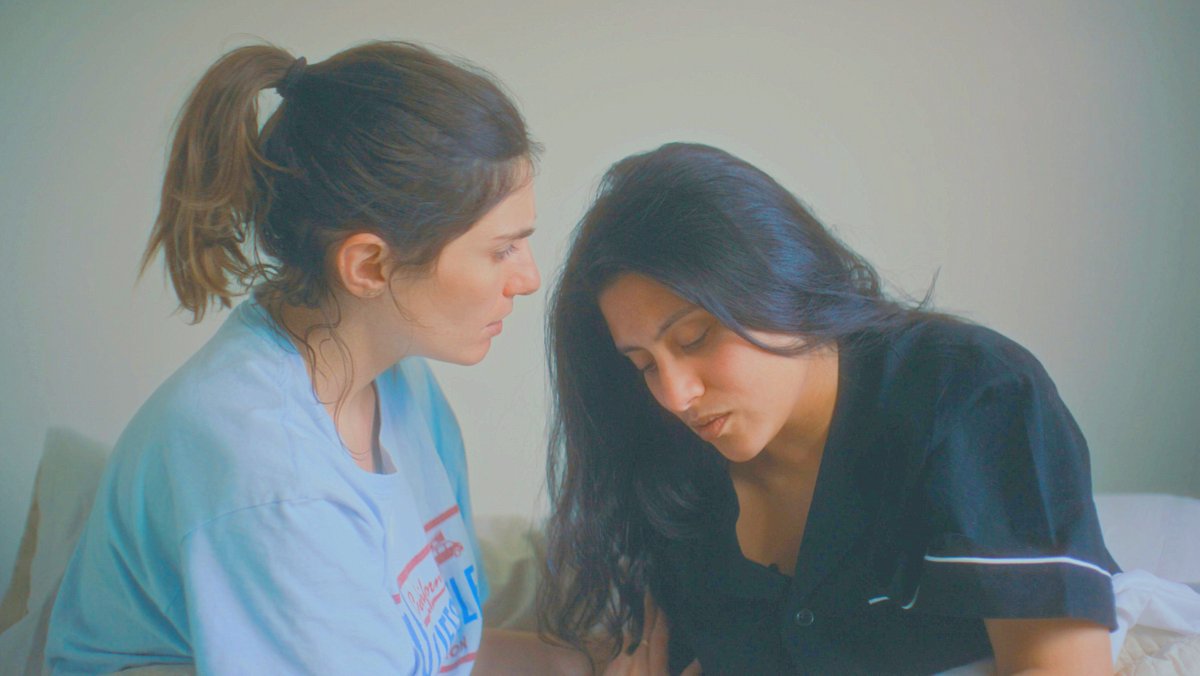
Hillia Aho is a Director, Cinematographer. Hillia Aho is known for Almira (2017), In Passing (2023) and Dinner Conversation (2016).
indieactivity: How did you get into directing? How would you describe your style?
Hillia Aho (HA): I had a background in visual art before formally getting into filmmaking, but I also used to make little movies with friends when I was a kid. When I got to undergrad, I ended up taking a writing class focused on movies, and one thing led to another, and now I’m here. I would describe my style as scrappy (I like to work with small crews, not a lot of equipment, and use what I have access to in terms of sets and production design), and visually experimental. I love incorporating practical effects into the storytelling.
Do you hire a casting director, or do you cast yourself? If so, what criteria go into your casting?
Hillia Aho (HA): I’m not currently working at a budget level to hire a casting director, though I would love to work with one in the future. I think the most important criteria for me would be an actor’s flexibility/the ability to take direction and change performance accordingly, and their passion for the project. I want to work with people who are inspired by the material, and want to dig deep.
The Official Trailer for In Passing directed by Hillia Aho
What went into the casting process for In Passing?
Hillia Aho (HA): In Passing was an NYU 3rd year Collab project between Grad Film, Acting and Design, so I had to choose my actors from the Grad Acting students. I wrote the characters accordingly (specific age group, small cast, etc.) before seeing the actors’ auditions, and then cast based on who felt the most true to the character.
Without giving anything away, tell us a little bit about the script, how did you come up with the idea?
Hillia Aho (HA): I originally started writing with the intention to tell a story about burnout. I think it’s a topic on a lot of people’s minds after the pandemic, and something that speaks to my own trepidation entering the workforce full-time, after being in an academic environment for so long. The original idea for the film was a couple sharing a studio apartment, and working opposite schedules. I tried out different professions for the characters, but ended up with a chef and a painter.
My partner is an ex-chef, so she had plenty of restaurant industry horror stories for me to pull from, making the research portion easier. And I could draw from my own background to deepen the artist character’s internal struggle. I also had this image of someone stepping out of a painting covered in blue paint, that I’d been holding onto for a couple of years. So all of that together eventually morphed into the story as it is today.
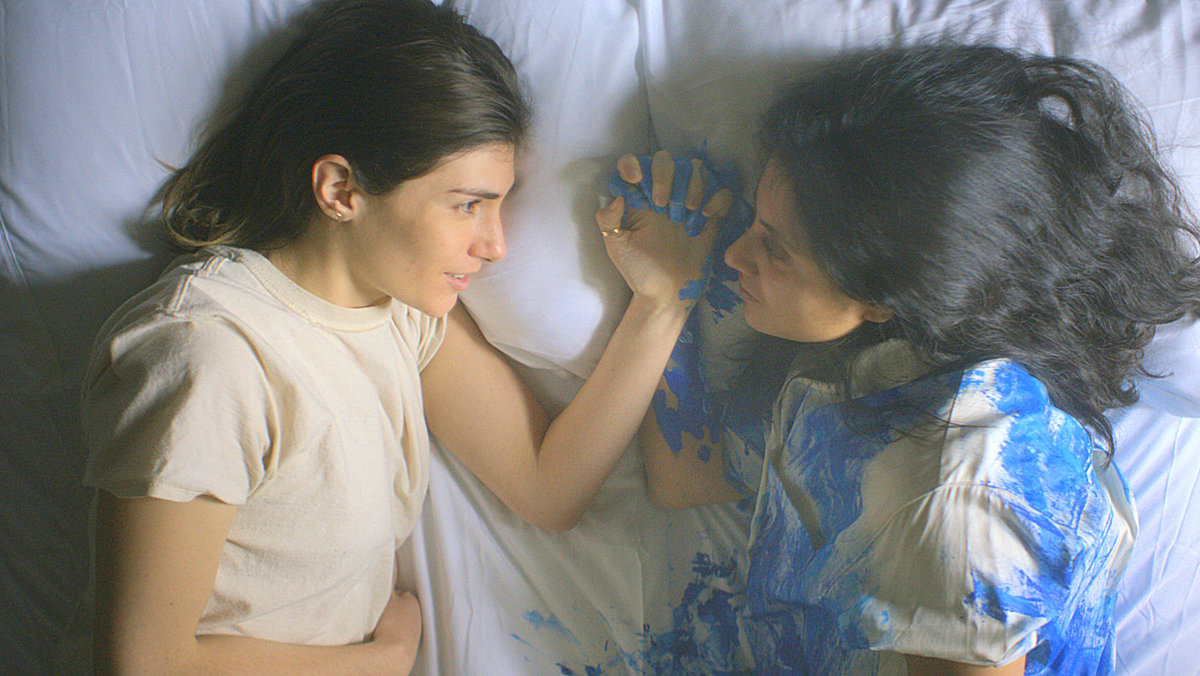
Who is In Passing for? Who do you think would enjoy it the most?
Hillia Aho (HA): I think the film is relatable on several levels (we’ve all experienced professional stress infiltrating other aspects of our lives, to some extent), but I definitely had queer people in mind as I was making it. I think we deserve stories where our orientations are not the central point of drama, and that film does that.
How long did it take to shoot the entire film?
Hillia Aho (HA): We were limited to 3, 8 hour shooting days. Luckily I had a lot of rehearsal time with the actors, and a lot of class time to brainstorm with the production designer. We shot the film in my apartment at the time, which was also helpful for visualizing the blocking, light, etc.
How long was the post-production process?
Hillia Aho (HA): Approximately 4 months, give or take.
The film had a lot of talent working behind the scenes as DPs, sound designers, composers, etc. Why is diversity important both in front of and behind the camera?
Hillia Aho (HA): Diversity is important in filmmaking because it is such a collaborative art, and different perspectives bring depth that wouldn’t be achievable by a team of people from a more homogenous background.
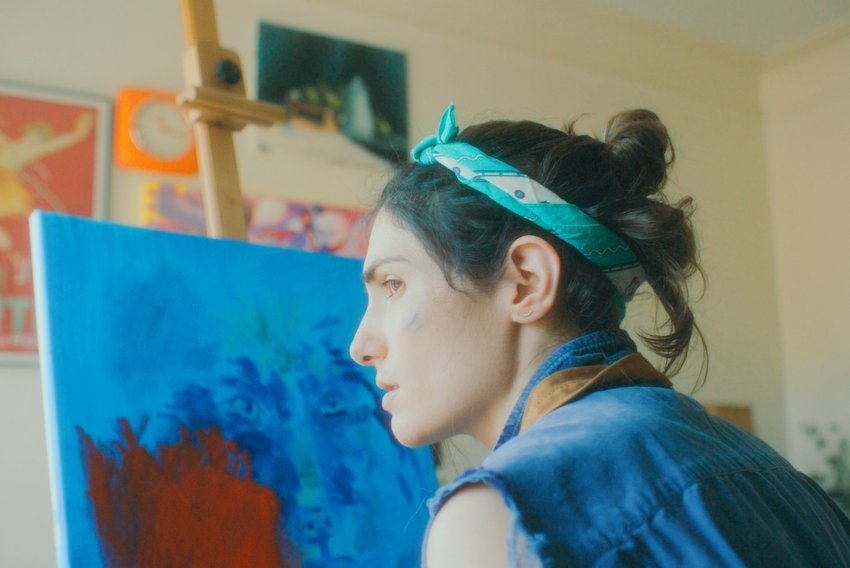
What are your goals with In Passing?
Hillia Aho (HA): I wanted to make a movie where I can explore my more visually experimental side, working visual art into the filmmaking in a way that feels organic. I was so lucky to have an incredible production designer (Zach Blumner) aboard the project, who truly brought my vision to life. Now, my goal is just to get it seen by as many people as possible, and to take my successes with this film into my next.
What’s next for you? What are you working on right now?
Hillia Aho (HA): I’m currently in pre-production for my thesis film, Here and Then, shooting June 1-7 in Maine. The film stars my two younger siblings in the lead roles, and is sort of a ghost story, about long-lost siblings reconnecting in their hometown. This is my second film working with Kaitlyn Busbee as a DP, and I am very much looking forward to creating something together again. It’s definitely my most ambitious project to date, and it feels good to be at the place I am where I feel confident enough to pursue it.
What would you recommend to a new director at the beginning of his/ her journey? Any special courses, workshops, helpful books they can read?
Hillia Aho (HA): I am a new director at the beginning of my journey, so I don’t have much to say on this. I know there are some really great books out there, but I’m terrible at reading them. I personally do well in an academic environment, so film school was crucial for me getting the ball rolling, but it’s definitely not for everyone. I’d say the most important thing is to try to build some sort of a support network of people willing to give feedback, or work with you in some other capacity.
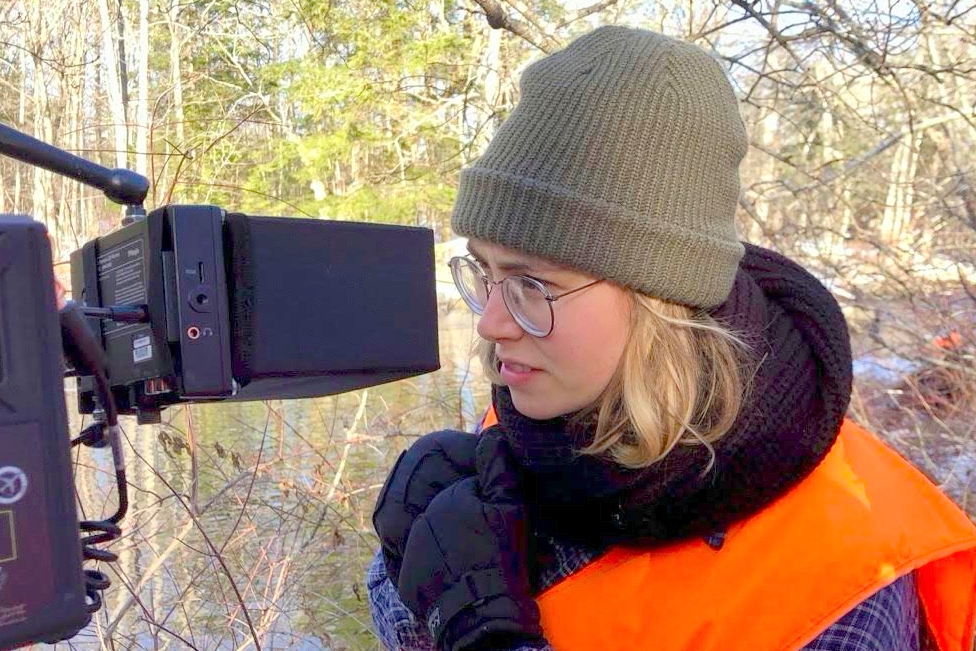
Who is your favorite director? Why?
Hillia Aho (HA): I’m pretty bad at favorites, but I was recently blown away by Charlotte Wells work on Aftersun, so I’ll throw her name out there. She so successfully captured an idea that I can imagine was incredibly difficult to pin down. That film hit me on a deep, subconscious level that I’m not sure has been accessed by another film. At a certain point, I just started crying, and I wasn’t even sure why. Really powerful work.
What advice would you give directors around the world?
Hillia Aho (HA): Try to have fun, at least sometimes.
Tell us what you think of the interview with Hillia Aho. What do you think of it? What ideas did you get? Do you have any suggestions? Or did it help you? Let’s have your comments below and/or on Facebook, Instagram, or Twitter.
Socials
Website
IMDb
LinkedIn
Instagram
Vimeo
FILMMAKER INTERVIEWS

